THE 57th International Conference of Horseracing Authorities, organised by the International Federation of Horseracing Authorities (IFHA), took place on Monday, October 2nd, the day after this year’s Group 1 Qatar Prix de l’Arc de Triomphe at Saint-Cloud Racecourse. The focus of this year’s conference was on safeguarding equine welfare and exploring shifts in societal expectations, as well as the sport’s response around the world.
“Today we continued what has been a chief mission throughout the life of the Federation; equine welfare,” said IFHA chair Winfried Engelbrecht-Bresges. He delivered the conference’s opening and closing remarks. “This conference provides an opportunity to focus and build upon the significant body of work which has been carried out domestically and internationally over many years by our members to protect our equine athletes.”
At the conclusion of the day, he said: “I am energised by the many innovative ideas, initiatives and collaborations that we have heard about over the course of today’s conference. From birth to training and racing, and on to retirement and aftercare, there is potential to both further enhance welfare at all stages of the thoroughbred’s life and the general awareness of our standards.”
The opening session focused on horse racing in a changing society, and acclaimed broadcaster Nick Luck served as the moderator for the conference. The keynote address was delivered by Professor Natalie Waran, chair of the Independent Commission for Equine Ethics and Wellbeing for the International Federation for Equestrian Sports (FEI).
Key strategies
During her speech, Waran presented key strategies for equine sports to proactively consider amidst changing societal expectations. These included increasing continuing education for anyone working hands-on with equine athletes to better their welfare.
“Our changing social values in relation to animals have affected different industries in different ways,” said Waran. “It is important to recognise that society does not distinguish between different equestrian sports. There is enough data out there to show that the concerns around horse involvement in sport are rising. The racing world must positively engage with both perception and reality and show real commitment to change to ensure positive welfare.”
Following Waran’s keynote, a panel of senior racing administrators took part in a question and answer session. They included Lisa-Jane Graffard, general secretary of Au-Delà des Pistes; Julie Harrington, chief executive, of the British Horseracing Authority (BHA); and Najja Thompson, executive director of the New York Thoroughbred Breeders’ Inc. (NYTB). They shared their approaches and strategies to shape the narratives surrounding equine welfare and racing.
Update
After the panel discussion, Charles Scheeler, chairman of the Horseracing Integrity and Safety Authority (HISA) in the United States, gave an update on the organisation, including a review of the implementation of the Anti-Doping and Medication Control (ADMC) programme and future developments.
“HISA is working under the supervision of the Federal Trade Commission, and in partnership with the members of the sport, to transform horse racing,” said Scheeler. “The essence of this effort is the creation of an ecosystem of care surrounding horses. We remain excited about horse racing’s future in the United States, and we recognise that we have a rich legacy to protect.”
The afternoon sessions began with a presentation by Hiroshi Ito, counsellor of the Japan Racing Association (JRA), about the upcoming 40th Asian Racing Conference (ARC). The theme of the conference is “Be connected, stride together,” and it will be held in Sapporo, Japan in August/September 2024.
The next panel at the conference featured leaders from racing administration and veterinary science, and they talked about protecting the sport’s equine athletes. Speakers included James Given, director of equine regulation, safety and welfare at the BHA; Josh Rubinstein, president of Del Mar Thoroughbred Club; Brian Stewart, head of veterinary clinical services in the Hong Kong Jockey Club (HKJC); and France-Galop’s Sonia Wittreck, head of department in the Stud Book and Doping Control.
Very low
“Whilst serious racing injuries and deaths are statistically very, very low, we must reduce them further,” said Stewart. “The racing world has done so much over the past few decades to enhance racehorse welfare and to reduce the rate of injury, but there is still more to be done.
“Getting the balance right is part of training, but it is also something technology can help us with. If we do have a problem, we have to be able to achieve an accurate diagnosis, and that will guide our future management of that horse. Things are now coming together, and I am quite hopeful we might be able to make a significant difference.”
As it was during the morning sessions, the importance of industry-wide education was highlighted throughout the afternoon as well.
“We keep coming back to the word ‘educate’,” said Given. “There is importance in not just making it about technology and abdicating the responsibility of decisions to a computer. You have to have horsemanship. That’s not just the trainer, that’s the veterinarian as well.”
Final session
The final session looked in depth at enhancing stakeholder engagement, specifically regarding public engagement and the response in relation to equine welfare. Nevin Truesdale, the chief executive officer of The Jockey Club in Britain, began the session with a presentation of his organisation’s experiences with effective resolution and communication management.
“We need to operate together on this,” said Truesdale. “Having a clear set of messages as an industry, everyone singing off the same sheet, became really important for us in the lead up and the aftermath of Epsom. We have to be relentless in continuing to make the sport safer and in telling that story. There is a persuadable audience, statistics show us that, but that will only work for us if we are clear on the changes we are making. Standing still on this is not optional.”
Robert Green of Pierrepont Consulting and Analytics LLC then presented on how racing can leverage data-based insights to develop more proactive policies.
“Surveying the right audience, as well as accurate measurement, is necessary but not sufficient to provide data-based crisis management insight,” said Green. “It matters to know exactly where you are starting in a situation, but it is also testing all the different ways you can talk about your issue or concern. It is the science of persuasion. If you want a better future, maybe you need to go create it. There are better and worse ways to tell your stories. Look very hard at how you tell your story better.”


 This is a subscriber-only article
This is a subscriber-only article
 It looks like you're browsing in private mode
It looks like you're browsing in private mode




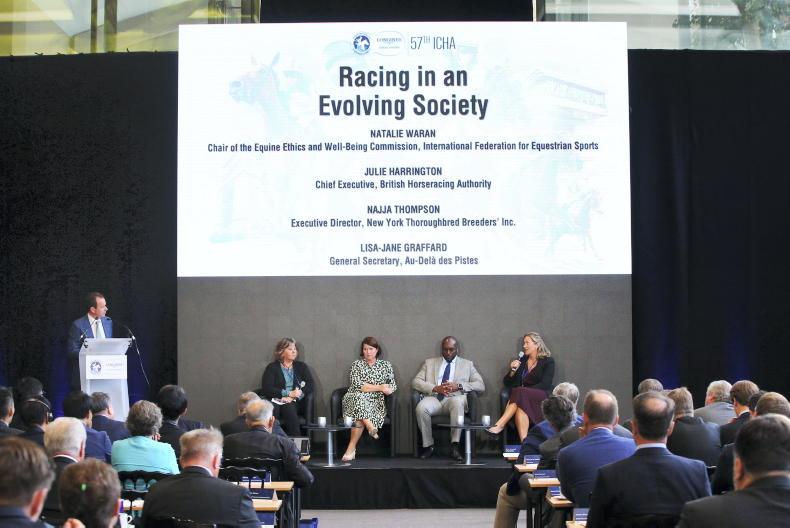
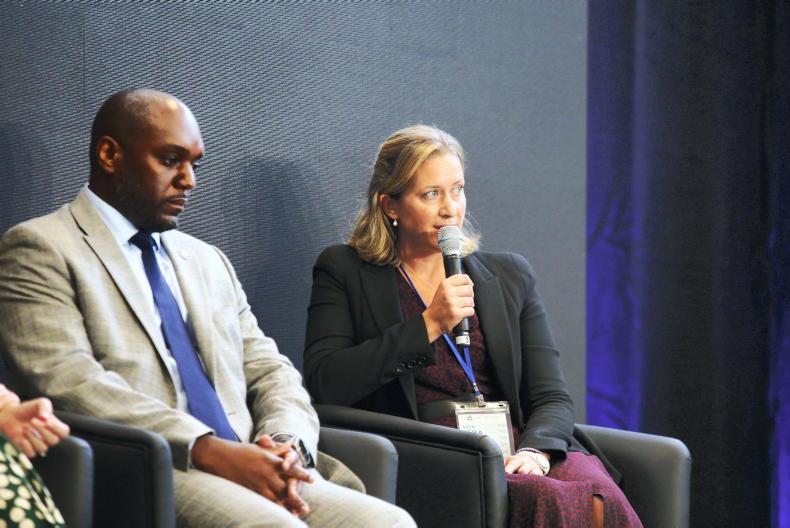
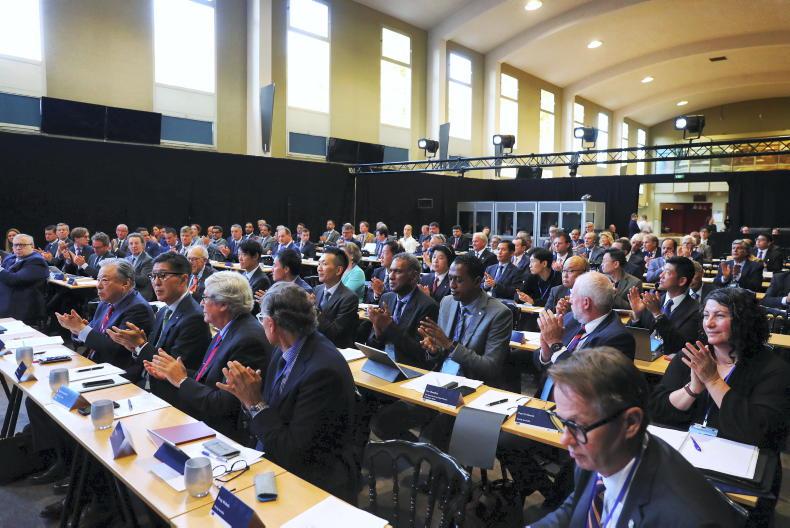

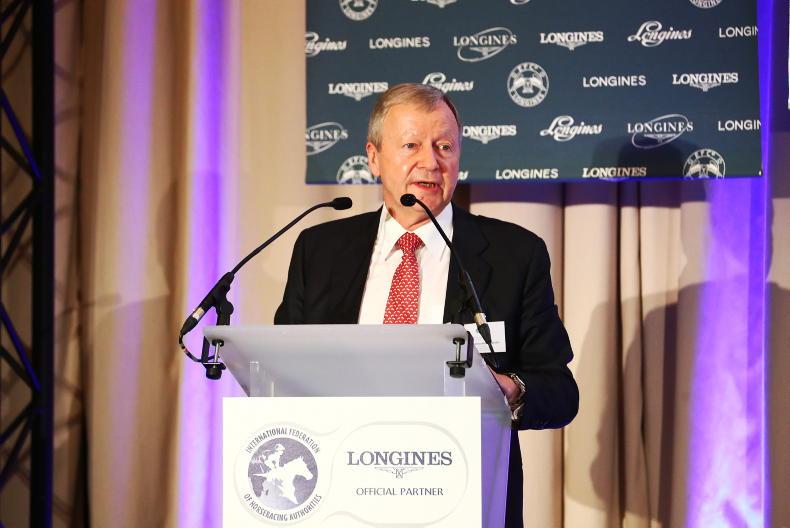
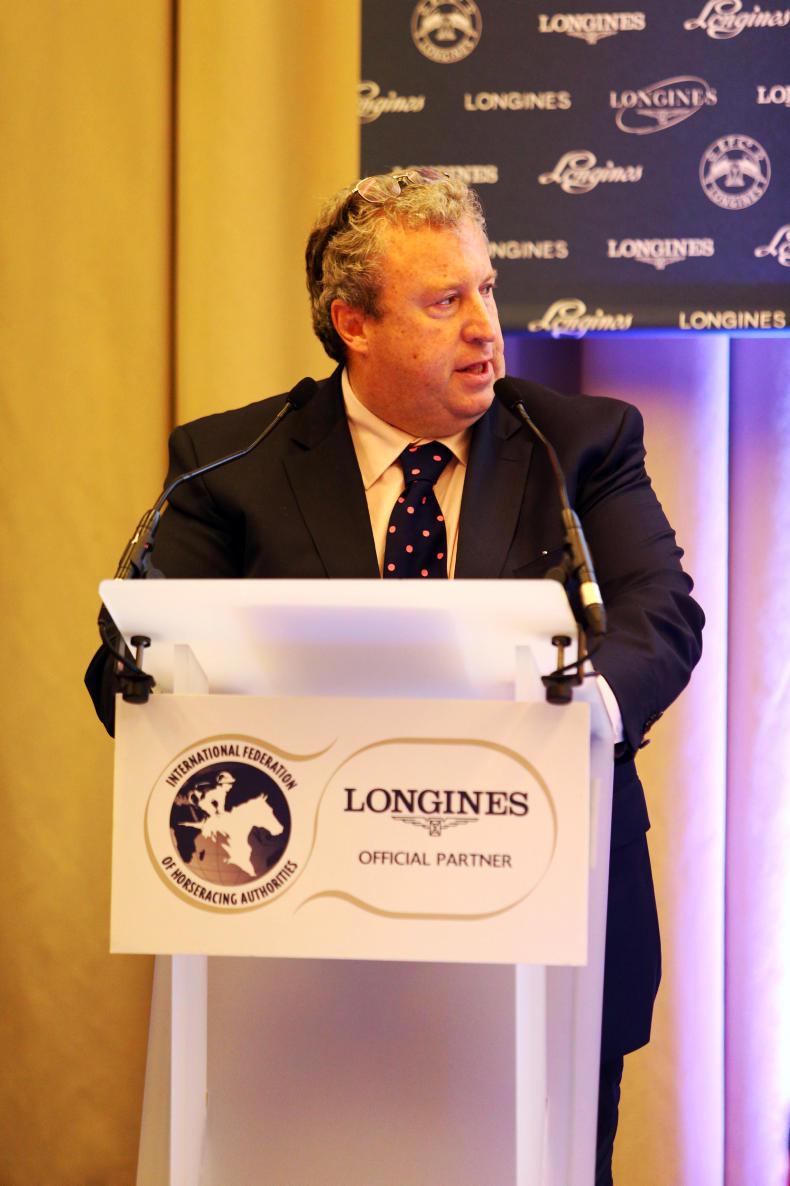



SHARING OPTIONS: